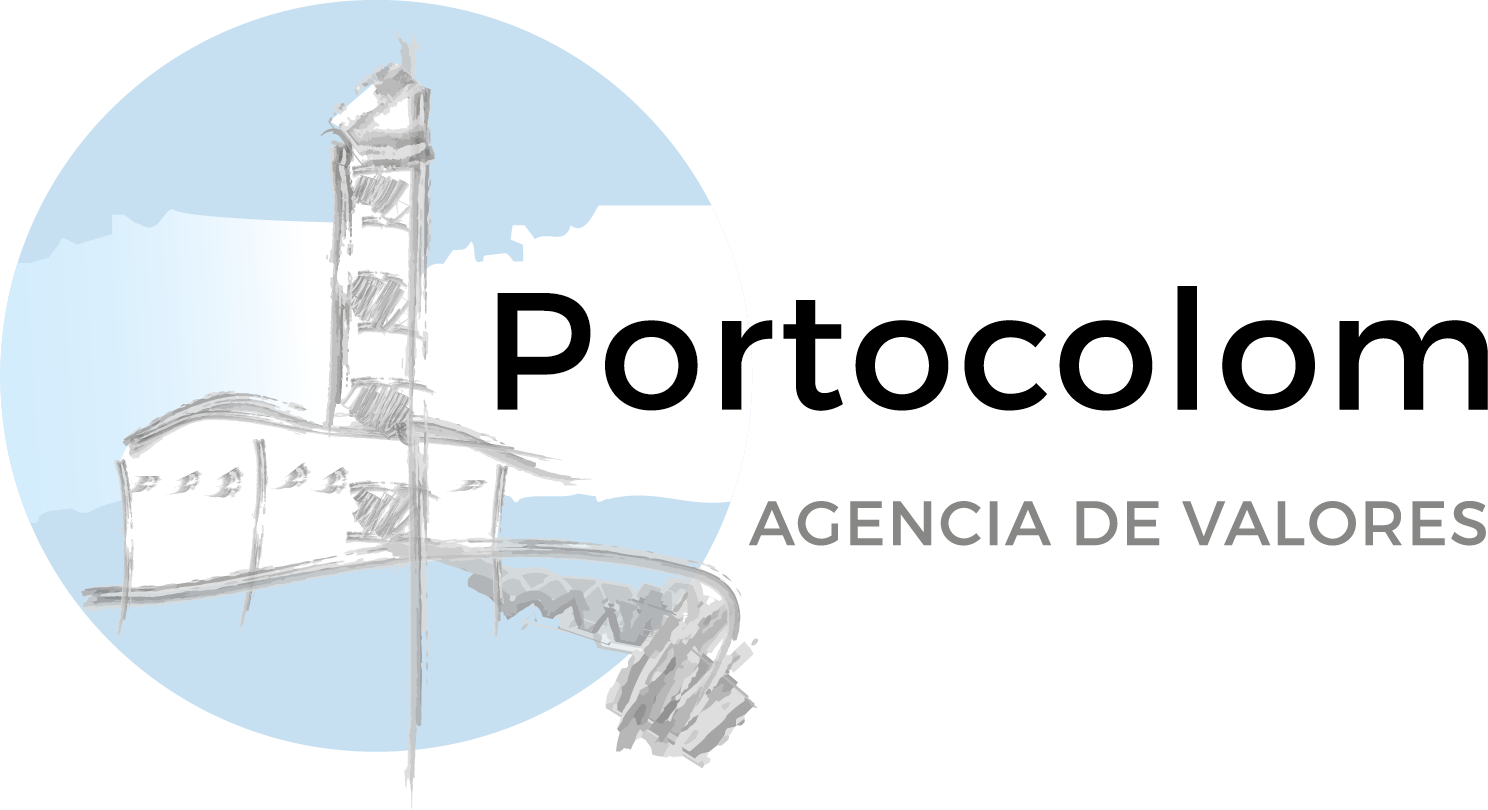Industry 4.0: The Industrial Digital Revolution
July 22, 2025
Topic of the Week:
By Fernanda Barbosa
Industry 4.0 is transforming the industrial landscape by integrating modern technologies to create smart, connected factories. The combination of innovations such as robotics, big data, the Internet of Things, and artificial intelligence optimizes industrial activities, achieving higher levels of productivity, efficiency, and adaptability.
Robotics plays a crucial role in this transformation. For example, collaborative robots, designed to work alongside humans, are essential for assembly lines and logistics. Similarly, autonomous mobile robots are revolutionizing warehouse management by moving independently and optimizing product transport. Humanoid robots, still under development, aim to perform tasks requiring human-like skills, such as interacting in dynamic environments and working in industries like healthcare, services, and construction.
These technologies allow human workers to focus on more creative, strategic, and high-value tasks. They also improve workplace safety by taking over high-risk activities, such as handling heavy materials or working in hazardous environments. Another important advantage is the growing integration of artificial intelligence and big data, which includes analyzing large volumes of data to monitor and predict failures, optimize processes, and reduce waste—contributing to greater sustainability.
Despite its benefits, Industry 4.0 faces significant challenges. The high initial investment can be prohibitive for some industries, especially small and medium-sized enterprises. As a result, it reinforces the competitive advantage of large corporations over local businesses. Additionally, cybersecurity issues are increasingly frequent and harmful, as interconnected digital systems and cyberattacks can completely halt operations.
Another risk, illustrated by philosopher Nick Bostrom’s “paperclip dilemma,” is a superintelligent AI with poorly defined goals. In other words, this thought experiment showed how an AI programmed to maximize a simple goal—like producing paperclips—could consume all the planet’s resources to achieve its objective, disregarding ethical values. Therefore, it is important to align artificial intelligence with human principles and maintain control to avoid unintended consequences.
The expansion of Industry 4.0 also affects the labor market. Certain sectors face uncertainty, as professionals are required to acquire advanced technological skills to adapt to a constantly evolving work environment, where collaboration between humans and machines becomes essential. To address these challenges, reskilling and professional education policies must be adopted. These policies will prepare workers to meet the growing demands of a 4.0 economy, fostering employment conditions and innovative opportunities around technological advancement.
In conclusion, Industry 4.0 is transforming the economy and employment at unprecedented levels. While it presents various ethical, economic, and social challenges, it also offers opportunities for those willing to adapt to its demands. With proper management, this revolution can become a driver of innovation, safety, and sustainability, building a more resilient and inclusive future of work.



